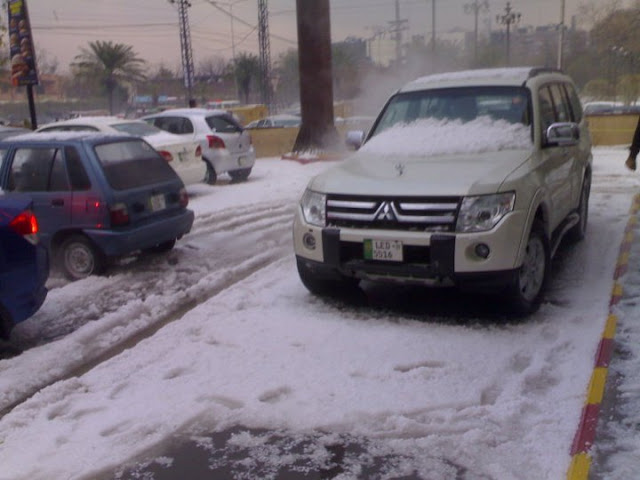Nanga Parbat is the ninth highest mountain on Earth and second highest mountain in Pakistan and among the eight-thousanders, Nanga Parbat and second highest mountain in Pakistan it is the largest single mountain. Nanga Parbat translates to "Naked Mountain" in English; parbat deriving from the Sanskrit word parvata meaning "mountain, rock", and nanga an Urdu word meaning "naked" Known as the "Killer Mountain", Nanga Parbat was one of the deadliest of the eight-thousanders for climbers in the first half of the twentieth century; since that time it has been less so, though still an extremely serious climb. It is also an immense, dramatic peak that rises far above its surrounding terrain.
Nanga Parbat is present inHimalayan Range. Nanga Parbat has a height of 8126 meters/26,660 ft. It has three vast faces. The Rakhiot (Ra Kot) face is dominated by the north and south silver crags and silver plateau; the Diamir face is rocky in the beginning. It converts itself into ice fields around Nanga Parbat peak. The Rupal face is the highest precipice in the world. Reinhold Messner, a living legend in mountaineering from Italy, says that "every one who has ever stood at the foot of this face (4500 meters) up above the 'Tap Alpe', studied it or flown over it, could not help but have been amazed by its sheer size; it has become known as the highest rock and ice wall in the world!".
Nanga Parbat has always been associated with tragedies and tribulations until it was climbed in 1953. A lot of mountaineers have perished on Nanga Parbat since 1895. Even in recent years it has claimed a heavy toll of human lives of mountaineers, in search of adventure and thrill. Its victims, have included those in pursuit of new and absolutely un-climbed routes leading to its summit.
The Nanga Parbat peak was discovered in the nineteenth century by Europeans. The Schlagintweit brothers, who hailed from Munich (Germany) came in 1854 to Himalayas and drew a panoramic view which is the first known picture of Nanga Parbat. In 1857 one of them was murdered in Kashgar. The curse of Nanga Parbat had begun.
Nanga Parbat is present inHimalayan Range. Nanga Parbat has a height of 8126 meters/26,660 ft. It has three vast faces. The Rakhiot (Ra Kot) face is dominated by the north and south silver crags and silver plateau; the Diamir face is rocky in the beginning. It converts itself into ice fields around Nanga Parbat peak. The Rupal face is the highest precipice in the world. Reinhold Messner, a living legend in mountaineering from Italy, says that "every one who has ever stood at the foot of this face (4500 meters) up above the 'Tap Alpe', studied it or flown over it, could not help but have been amazed by its sheer size; it has become known as the highest rock and ice wall in the world!".
Nanga Parbat has always been associated with tragedies and tribulations until it was climbed in 1953. A lot of mountaineers have perished on Nanga Parbat since 1895. Even in recent years it has claimed a heavy toll of human lives of mountaineers, in search of adventure and thrill. Its victims, have included those in pursuit of new and absolutely un-climbed routes leading to its summit.
The Nanga Parbat peak was discovered in the nineteenth century by Europeans. The Schlagintweit brothers, who hailed from Munich (Germany) came in 1854 to Himalayas and drew a panoramic view which is the first known picture of Nanga Parbat. In 1857 one of them was murdered in Kashgar. The curse of Nanga Parbat had begun.




















